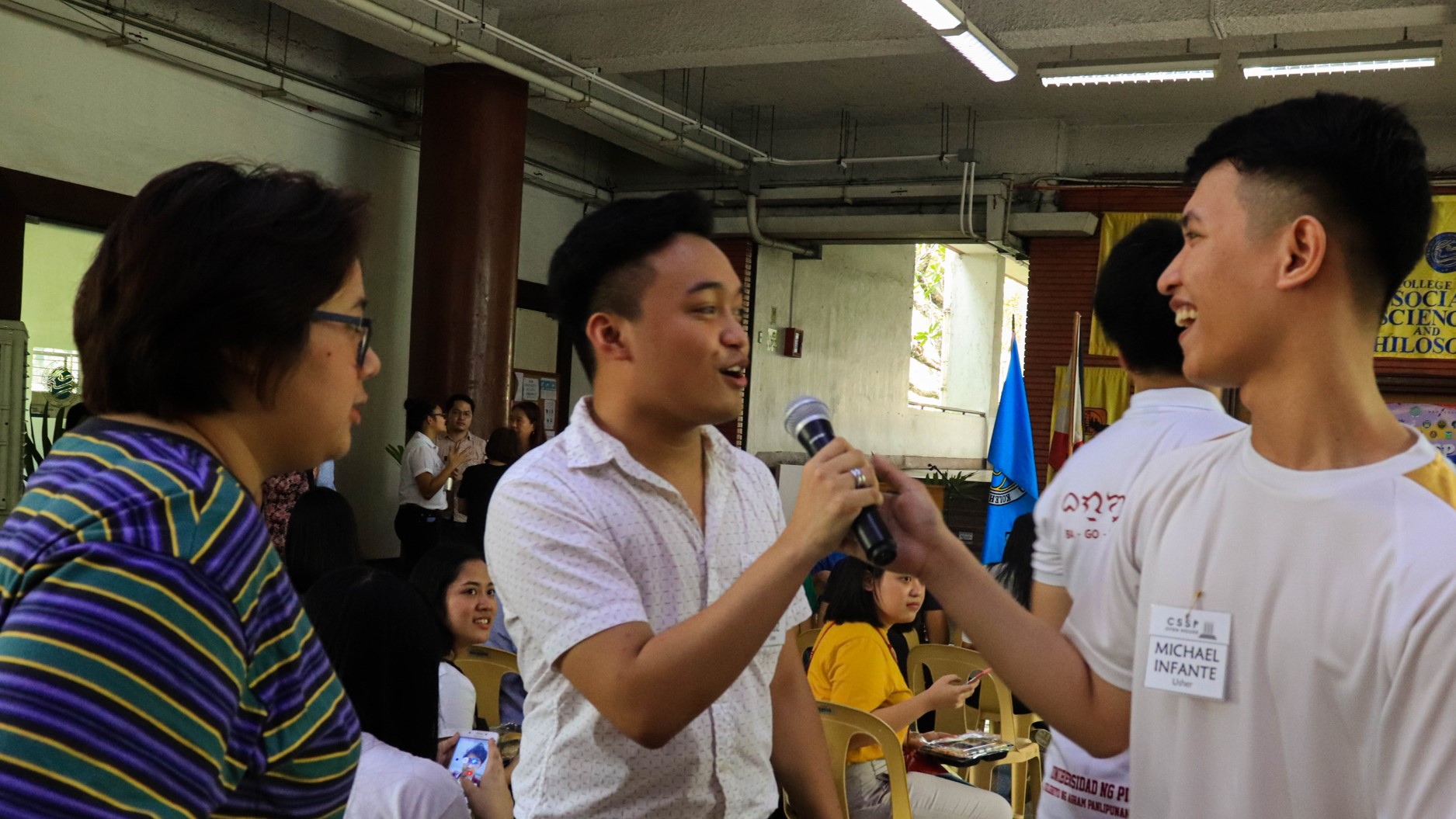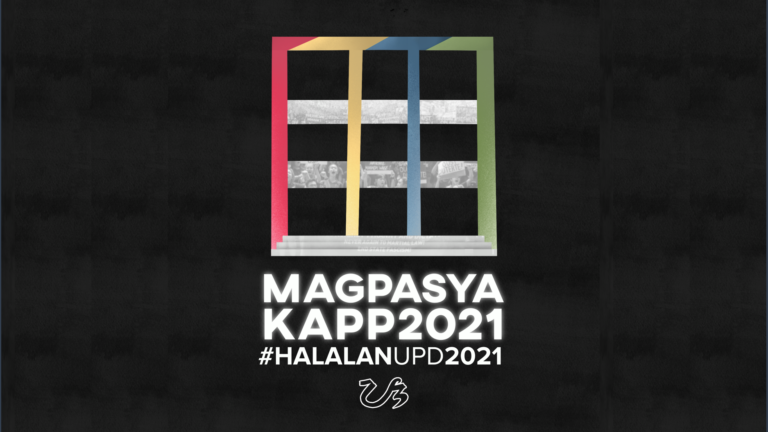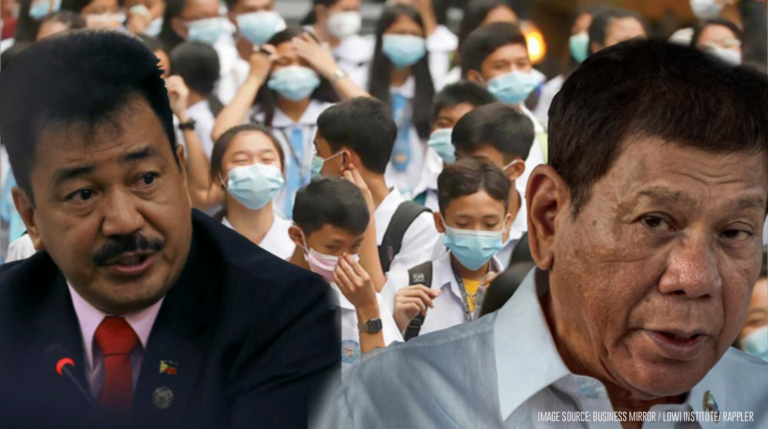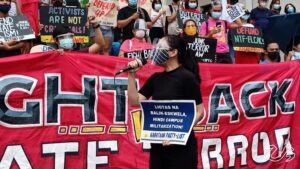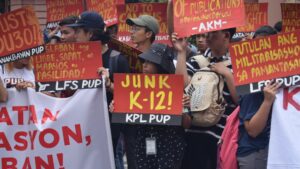
UP Diliman is once again in the thick of election season.
In “normal” times, candidates would be busy going from classroom to classroom in an attempt to promote their campaigns and convince undecided voters. There would also be live debates, sorties, and even spontaneous confrontations along the corridors. It was chaotic, messy, and uncertain, exemplifying politics in all its glory.
Today, however, we find that things are significantly different under the “new normal.”
Sure, UP students and faculty are still talking about the upcoming election. But sheer exhaustion or “burn out” from the remote learning setup, the pandemic, and other personal circumstances have severely hampered their ability to participate in campus politics.
For instance, according to data compiled by the Philippine Collegian, only 41 candidates are gunning for positions in the University Student Council in this year’s elections – the lowest number since 2010. Of the three largest parties in UP Diliman, one was unable to form a slate this year.
Meanwhile, there are also worries of the remote learning setup further dampening voter turnout among the students. Data from the Office of Student Projects and Activities (OSPA) show that only 40.85% of the student electorate cast their ballots during the 2019 UPD student elections, which is also the lowest rate since 2010.
To address these concerns, the university administration promptly adjusted election procedures and instituted a mechanism for manual voting. Students without internet access and the necessary devices to participate will be sent ballots and campaign paraphernalia from the parties and candidates. However, several candidates still raised complaints about “confusing” election guidelines and requirements that they deemed “undemocratic.”
Aside from voting, political parties also had to adjust to the “new normal.” Room-to-room (RTR) engagements, debates, and miting de avances are now set to be carried out online. But the effectiveness of these activities in informing voters and leaving no student behind is still very much a question mark.
Clearly, a safe return to schools is necessary if the student body is to genuinely and effectively participate in campus politics. The health of a democracy depends on the willingness of citizens to partake in the making of authoritative decisions. An electorate suffering from exhaustion, fear, and anxiety presents unsustainable circumstances wherein enthusiasm to vote and run for office is severely dampened.
CHED Chairperson Prospero de Vera’s recent pronouncement of how there is “no going back” from remote learning only reinforces the argument for #LigtasNaBalikEskwela. The importance of resuming face-to-face classes goes beyond participating in campus politics. Students, teachers, and parents alike are clamoring for a gradual reopening of educational institutions because they acknowledge that the remote learning setup is failing to meet its objectives. But the Duterte administration’s bungled pandemic response has made this difficult to do.
Therefore, it is paramount for UP Diliman students to choose wisely and expect nothing less from the candidates aiming to earn their votes. After all, political participation is not limited to elections; it is an everyday endeavor.

